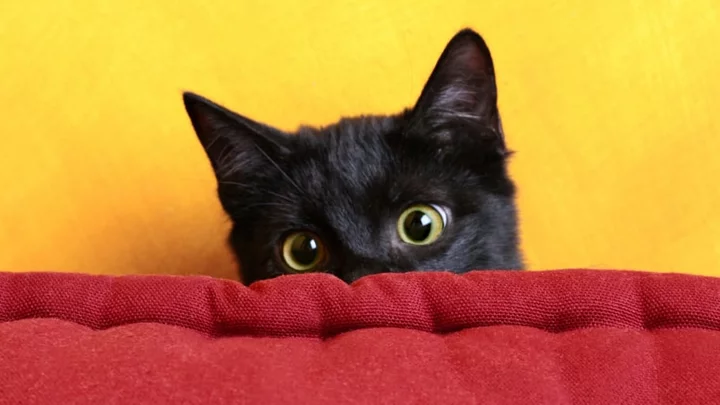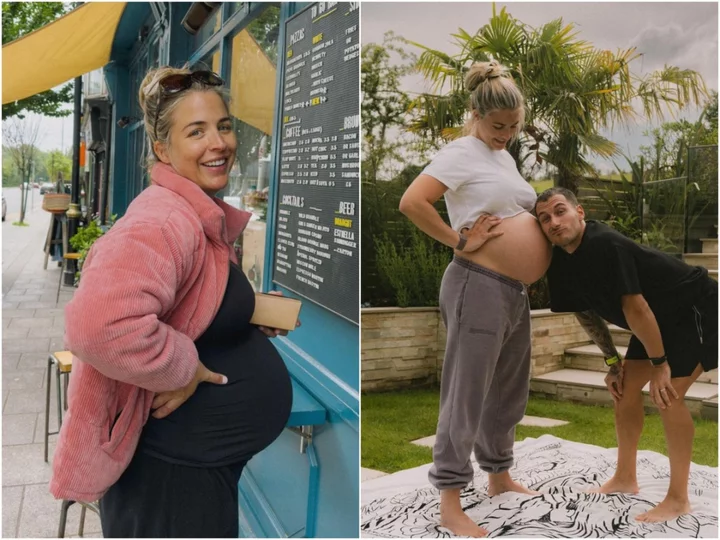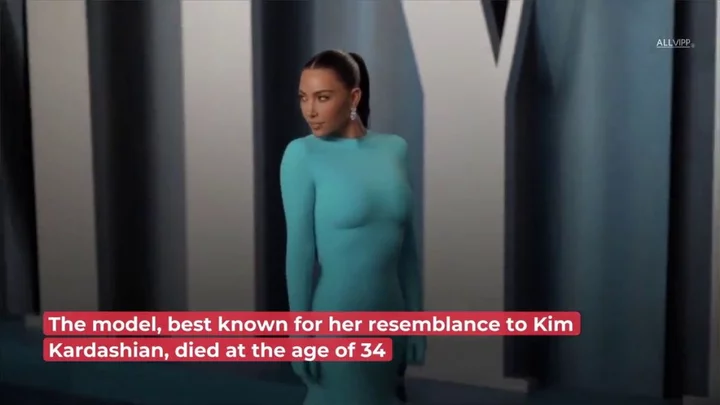Often unfairly maligned, black cats have a reputation for bringing bad luck or inviting a spooky atmosphere. In reality, they’re your typical feline, with one important distinction—fluffy black cat breeds can be hard to capture in a photograph. If you’re planning on a Halloween glamour shoot, there are some tips you’ll want to keep in mind.
According to Treehugger author Jaymi Heimbuch and photographer Natalie Martinez, the most important strategy when it comes to shooting a black cat is controlling light. Having a “rim light” source—a window, sunlight, or artificial light behind and just off to the side of the cat—can help make their outline distinctive from the background. The light will illuminate the edges of their fur, giving it a kind of halo effect. (For people who consider cats holy beings, this is probably ideal.)
Shooting in direct, bright sunlight, while not impossible, can prove tricky for amateur photographers. If you do shoot outdoors, try to find some shade.
You should also be careful of using auto modes, which can under-expose an image—a real problem when your subject is a ball of black fluff. Manual exposure can help bring the cat out from the background.
Speaking of backgrounds: Avoid settings with too much detail. For the cat to stand out, it’s best to go for a minimalist backdrop that won’t draw the eye to objects. Think green grass or mid-tone curtains.
Finally, try to focus on your cat’s eyes, which provide a good contrast to their coat and can help inform how someone will read their “expression” or personality.
These suggestions apply to dogs with dark coats as well, so have fun. With the right lighting and composition, your black cat can step out of the shadows and become a more photogenic feline.
A version of this story originally ran in 2021; it has been updated for 2023.
This article was originally published on www.mentalfloss.com as A Shot in the Dark: How to Photograph a Black Cat.









